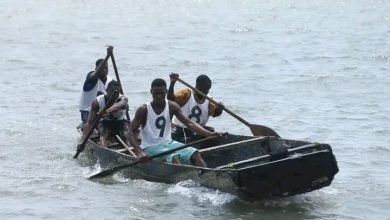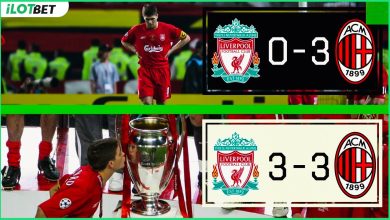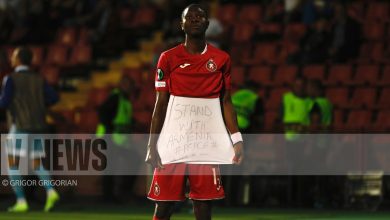Euro 2016 Draw Preview: Low relaxed over Germany´s opponents

Germany coach Joachim Low says his world champions do not fear any of their potential opponents at Euro 2016 ahead of Saturday’s draw in Paris.
Hosts France and 23 qualifiers will find out their group rivals for the competition this weekend, with Germany among those heavily fancied to be as frontrunners.
Semi-finalists at Euro 2012, Germany won the World Cup in Brazil last year and are among the top seeds along with France, European champions Spain, England, Portugal and Belgium.
Germany’s team manager Oliver Bierhoff will help conduct the draw, alongside the likes of Ruud Gullit, Bixente Lizarazu, Vicente del Bosque, Antonin Panenka and David Trezeguet. And Low says he has no special requests for Bierhoff in terms of who they draw.
“Oliver did well at the World Cup draw in Saint Petersburg, he has practice,” the Germany boss told the DFB website. “I really don’t mind who we get drawn against.
“What’s more important is that we put in place concrete plans and preparation for the competition directly after the draw.
“The opposition is not important, it’s how we play that counts. It’s all down to us. I am confident as we have so often proved that we are in the position to use our time wisely to prepare.
“As coach, my greatest pleasure is to play in competitions and that starts from the very first game. We are cautious of every opponent. We will prepare sufficiently for every match, regardless of who we get in the draw.”
After the top seeds are placed into groups, pot four will be drawn, with Turkey, the Republic of Ireland, Iceland, Wales, Albania and Northern Ireland being assigned groups.
Wales and Iceland will both feature at the Euros for the first time and next the draw moves on to pot three, which features the Czech Republic, Sweden, Poland, Romania, Slovakia and Hungary.
Finally, the teams from pot two are added, with former European champions Italy perhaps the ones to avoid in a cluster of teams that also includes Russia, Switzerland, Austria, Croatia and Ukraine.
For the first time, the tournament will feature 24 teams rather than 16, with the top two in each group plus the four best third-placed sides advancing to the knockout phase.
“I found having 16 teams in the competition better and thought it was a more attractive prospect for fans,” Low added.
“I can, however, see positives for smaller nations to qualify. At the end of the day it will always be the stronger teams that progress.
“It doesn’t really make a difference to me, though, whether it’s 16 or 24.”






